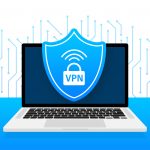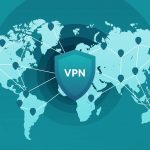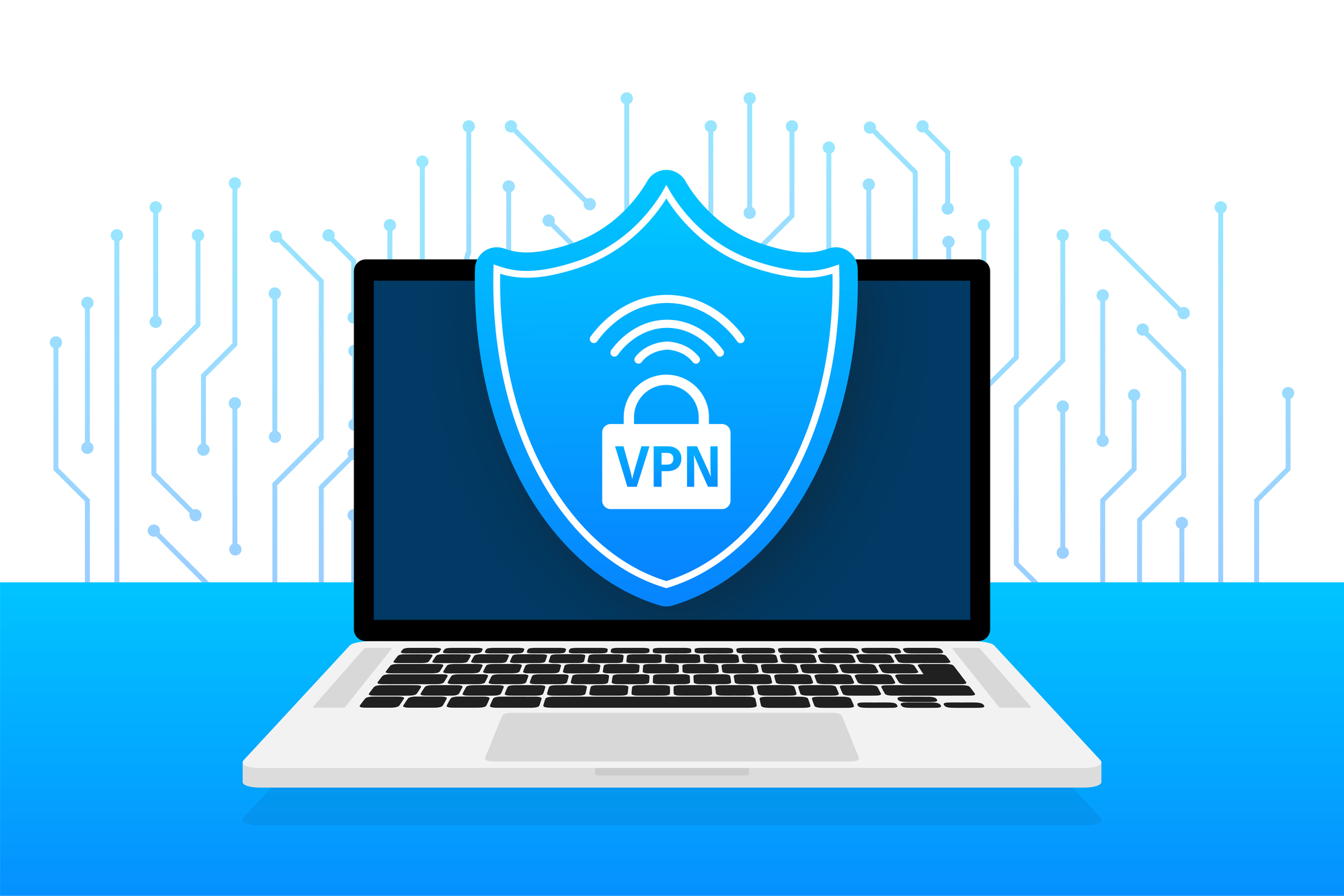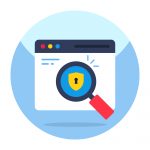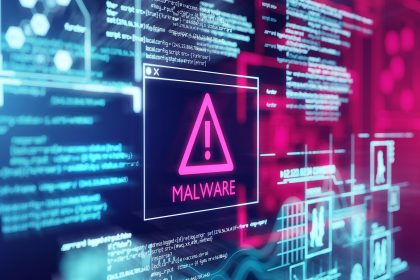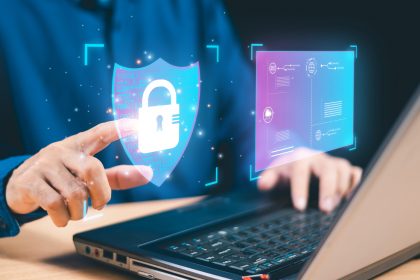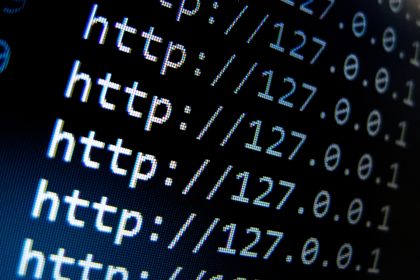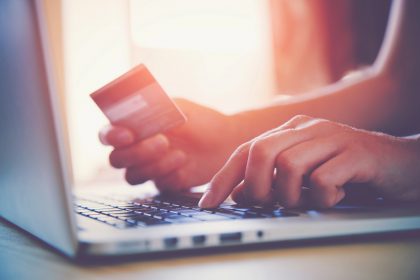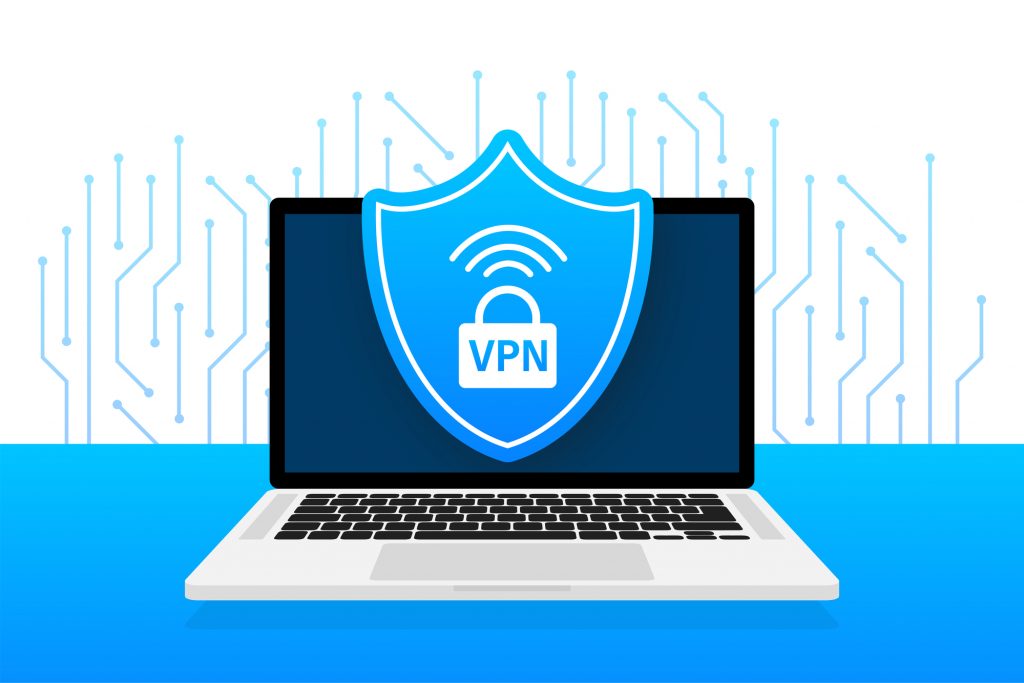
In an era where digital privacy is constantly under threat, understanding how a Virtual Private Network (VPN) can protect you is essential. A VPN not only secures your internet connection but also safeguards your sensitive data from potential hackers. Whether you are using public Wi-Fi or accessing sensitive information at home, a VPN can help protect your online activities and keep your data secure. In this article, we will explore how a VPN works, what it protects you from, and how to choose the right VPN for your needs.
- How Does a VPN Protect Against Hackers?
- Can a VPN Protect Your Privacy Online?
- What Types of Threats Can a VPN Help Mitigate?
- How Secure is a VPN?
- What Security Features Should You Look for in a VPN?
- How Does VPN Encryption Work?
- Are All VPNs Equally Secure?
- Why Do You Need a VPN?
- What Are the Benefits of Using a VPN?
- When Should You Consider Using a VPN?
- Who Can Benefit from a VPN Service?
- How Does a VPN Work?
- How to Choose the Right VPN?
How Does a VPN Protect Against Hackers?
A VPN provides a robust line of defense against hackers by creating a secure tunnel between your device and the VPN server. When you use a VPN, your internet traffic is encrypted, making it extremely difficult for hackers to intercept your data. This means that even if a hacker manages to access the network you are on, they cannot easily decipher the information being transmitted. This encryption helps protect your sensitive information, such as passwords and financial details, from prying eyes. Moreover, using a VPN can help hide your IP address, making it harder for hackers to target you specifically.
Can a VPN Protect Your Privacy Online?
Yes, a VPN can significantly enhance your online privacy. By masking your IP address with the IP address of the VPN server, it becomes challenging for websites and advertisers to track your online activities. This means that your browsing history, search queries, and personal information remain confidential. Additionally, many VPN providers implement strict no-logs policies, ensuring that they do not store any information about your online activities. This feature is crucial for users who are concerned about their privacy and wish to keep their data secure from government surveillance or corporate tracking.
What Types of Threats Can a VPN Help Mitigate?
A VPN can help mitigate various types of threats, including data interception, identity theft, and unwanted surveillance. When you connect to public Wi-Fi networks, you expose yourself to various risks since these networks are often unprotected. Hackers can easily exploit these vulnerabilities to steal personal information. A VPN protects your online activities by encrypting your internet traffic, thus minimizing the risk of data breaches. Additionally, it can help shield you from phishing attacks and malicious websites, as many secure VPN services offer built-in malware protection features that filter harmful content.
How Secure is a VPN?
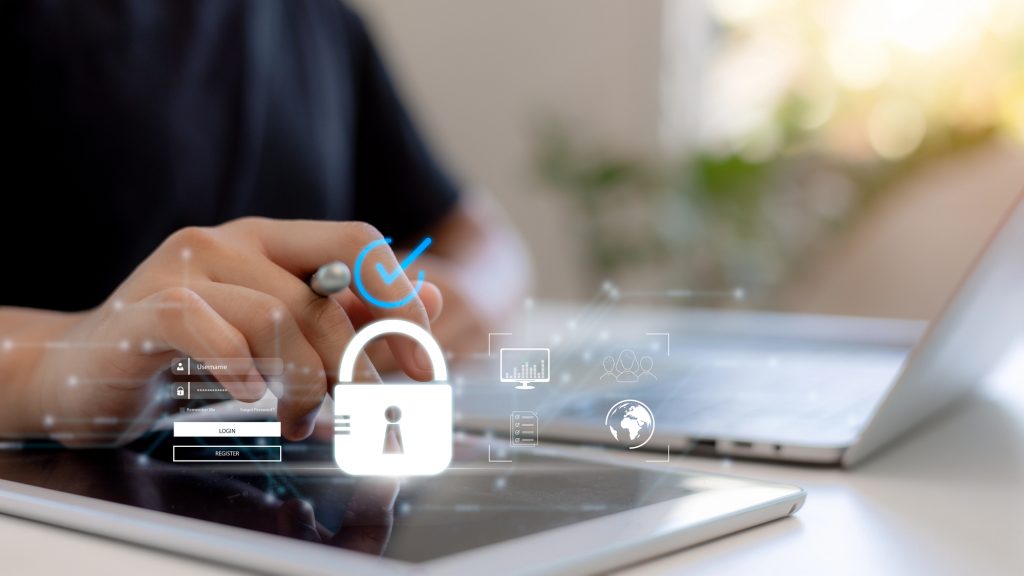
What Security Features Should You Look for in a VPN?
When considering how secure a VPN is, it’s essential to evaluate its security features. A secure VPN should offer strong encryption protocols, such as OpenVPN or IKEv2, which are known for their reliability. Additionally, look for features like a kill switch, which automatically disconnects your internet connection if the VPN connection drops, preventing any unencrypted data from being transmitted. Multi-factor authentication (MFA) is another valuable feature that adds an extra layer of security to your account. Lastly, ensure that the VPN provider has a verified no-logs policy, as this will protect your privacy even further.
How Does VPN Encryption Work?
VPN encryption works by converting your data into a code before it is transmitted over the internet. This process involves complex algorithms that scramble your information, making it unreadable to anyone who might intercept it. When the data reaches its destination, the VPN server decrypts it back into its original form for the intended recipient. This encryption ensures that even if hackers manage to capture your data, they will be unable to decipher it without the correct decryption key. Consequently, VPNs create a secure tunnel for your internet traffic, safeguarding your data from potential threats.
Are All VPNs Equally Secure?
No, not all VPNs are equally secure. The level of security can vary significantly between different VPN providers. While some offer robust encryption and security features, others may lack essential protections or use outdated technologies. It is crucial to choose a reputable VPN provider that prioritizes security and privacy. Researching user reviews, checking for independent audits, and evaluating the provider’s transparency can help you find a secure VPN solution that meets your needs.
Why Do You Need a VPN?
What Are the Benefits of Using a VPN?
Using a VPN comes with numerous benefits, primarily centered around enhanced security and privacy. One of the most significant advantages is the ability to protect your online data from hackers and cybercriminals. A VPN encrypts your internet traffic, making it challenging for anyone to steal your personal information. Additionally, VPNs allow you to bypass geographical restrictions, enabling you to access content that may be blocked in your region. This can be particularly beneficial for travelers or expatriates who wish to enjoy their favorite shows and services while abroad. Furthermore, a VPN can help improve your browsing experience by reducing bandwidth throttling imposed by your Internet Service Provider (ISP).
When Should You Consider Using a VPN?
There are several scenarios where using a VPN is advisable. If you frequently use public Wi-Fi networks, such as those found in cafes or airports, a VPN is essential to protect your sensitive information from potential hackers. Additionally, if you wish to access region-locked content, such as streaming services or websites that are restricted based on your location, a VPN will allow you to bypass these barriers. Finally, if privacy is a concern for you, using a VPN can help keep your online activities private and protect your data from prying eyes.
Who Can Benefit from a VPN Service?
VPN services can benefit a wide range of users. Individuals who work remotely can especially benefit from a secure VPN connection to access company resources without compromising sensitive information. Students who wish to access educational materials or streaming content from different regions can also find a VPN useful. Additionally, anyone concerned about online privacy, including activists, journalists, and everyday internet users, can significantly enhance their security by implementing a VPN solution.
How Does a VPN Work?
What is a VPN Connection?
A VPN connection involves routing your internet traffic through a VPN server, which acts as an intermediary between your device and the websites you visit. When you initiate a VPN connection, your device establishes a secure tunnel to the VPN server. This tunnel encrypts all your data, ensuring that your online activities remain private and secure. The VPN server then forwards your requests to the internet, allowing you to browse anonymously while hiding your IP address and location.
What Types of VPN Are Available?
There are several types of VPNs available, each catering to different needs. A remote access VPN allows individual users to connect securely to a remote network, making it ideal for remote workers. On the other hand, a site-to-site VPN connects entire networks, allowing different office locations to communicate securely. Additionally, there are also personal VPNs designed for individual users to protect their online privacy. Each type of VPN offers unique features, so it’s essential to choose a VPN that aligns with your specific requirements.
How Do VPNs Encrypt Your Internet Traffic?
VPNs encrypt your internet traffic using various encryption protocols that ensure your data is secure. When you connect to a VPN, it uses encryption algorithms to scramble your information, making it unreadable to anyone trying to intercept your connection. Different VPNs may use different encryption methods, but the most secure ones utilize Advanced Encryption Standard (AES) with 256-bit keys. This level of encryption is considered military-grade and is extremely difficult to crack, providing you with peace of mind while using the internet.
How to Choose the Right VPN?
What to Look for in a VPN Provider?
Choosing the right VPN provider is crucial for maximizing your online security. When evaluating VPN options, consider factors such as the provider’s reputation, the range of security features offered, and the speed of their servers. Look for a provider that has a proven track record of protecting user privacy and offers a transparent privacy policy. Additionally, consider the number of VPN servers available and their locations, as this can impact your ability to bypass geographical restrictions. Finally, customer support is also essential, so ensure the provider offers reliable assistance when needed.
How to Install a VPN on Your Device?
Installing a VPN on your device is typically straightforward. Most VPN providers offer user-friendly apps that can be downloaded from their websites or app stores. After selecting a VPN provider, sign up for their service and download the appropriate app for your device. Follow the installation instructions provided by the VPN service, which usually involve creating an account and logging in. Once installed, you can set up a VPN connection by choosing a server from the list provided and clicking the connect button. This process ensures that you can start protecting your online activities within minutes.
What Factors Influence VPN Performance?
Several factors can influence the performance of a VPN. The distance between your device and the VPN server can affect your connection speed; the farther away the server, the slower your internet may be. Additionally, the type of encryption used can also impact performance; stronger encryption methods may result in slower speeds. Network congestion and the number of users connected to a specific server can further influence the performance of the VPN. Therefore, it’s essential to choose a VPN provider that offers a robust network infrastructure with multiple servers to optimize performance.




